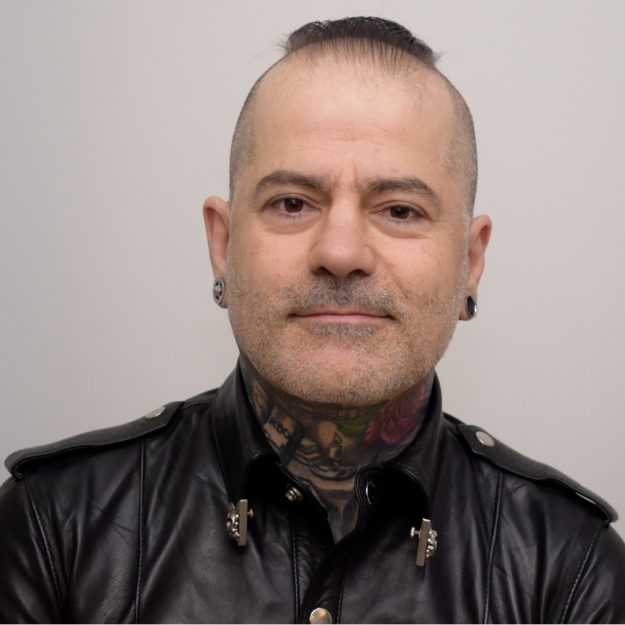Over the years, I have spotted that specific working areas have emerged in my therapy work:
1. Depression/anxiety/PTSD: these are, sadly, not only as ever key areas within mental health, but on the sharp incline, for a whole raft of reasons; be it the current political or economic climate, many people’s dependency of food banks, 0-hour contract work, general rise in hate crimes… the list is sadly long
2. HIV and disability: sadly these all are still central issues to many people. There are sadly ongoing reports of people with various health conditions and disabilities being treated in an ostracising manner from their community or the work environment or are blatantly discriminated, not to mention the grieve suffered by many who applied for PiP/Universal Credit and hence struggle to make a living
3. members of the LGBTQ+ community, especially recently in the news of having been targeted for hate crimes, leaving its victims at a higher risk of suffering from depression or indeed feeling suicidal. I of course also welcome anyone else who would like to explore LGBT+ related issues (e.g. parents, teachers, employers, etc.)
4. BDSM/Fetishism/Kink: I’m an active member of the Kink-community, highly affirmative in my work, open to explore any aspect of BDSM-practises of my client and take a very firm stand towards anyone being pathologized unfoundedly because of their sexual preferences
5. Social/musical subcultures: I have a particular closeness to subcultures, be it those who identify as Mods, Rockers, Punks, Goths, or Metalheads etc. as a high percentage of members within these groupings have to face either being ostracised by society or indeed are victims of hate crime (such as the tragic death of Sophie Lancaster), resulting feelings of isolation and depression; many face major obstacles in the job market due to their chosen looks or struggle sustaining themselves as artists/musicians; issues of substance misuse, alcohol addiction, gambling, self-harm, pressures within the music industry, financial exploitation and sadly too many cases of resulting suicides (e.g. Keith Flint, Amy Winehouse, Chris Cornell, Chester Bennington, these being merely the famous cases)
6. Intercultural/interreligious therapy: I had several clients assigned to me as they, similar to me, also had a Muslim background. Those in one way or another, struggled bringing together their likes/preferences (be it regarding e.g. their sexuality, culture or politics) with their more conservative parental cultural or religious upbringing. So I have helped e.g. Muslim members of the LGBT+ community to come out, aided in dealing with issues like arranged marriage and honour crimes, or women in danger of having FGM imposed on them.
Obviously, these working areas seem to have gravitated towards me, as I am a member of all of these areas myself, meaning I will always speak from within, never as an uninvolved-seeming ‘onlooker’.
As many of our clients at my therapy room in Stratford either cannot afford to travel to me or cannot leave their flats due to mobility issues or high anxiety levels, I also conduct in these cases remote counselling sessions via telephone, Skype, FaceTime, VSee.com or WhatsApp, whatever my client feels more comfortable with.
I can further do my work in German and Turkish, with a good smattering of French.


